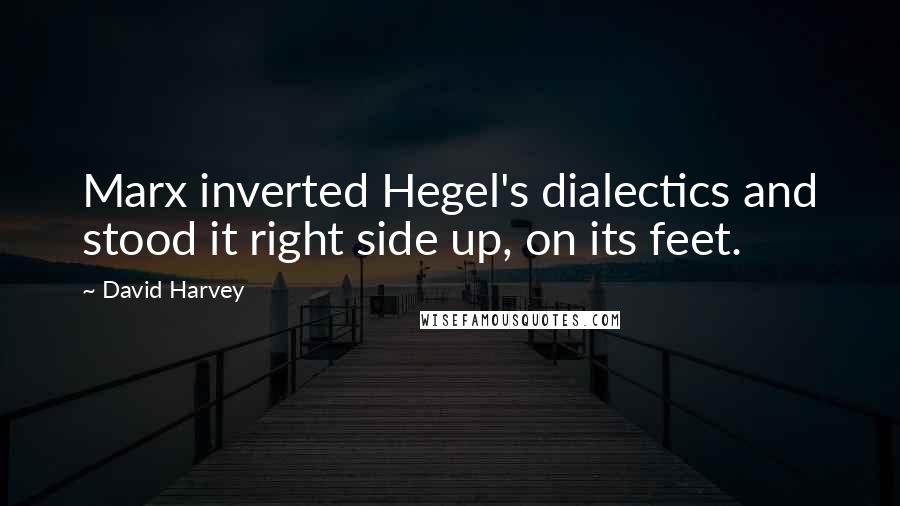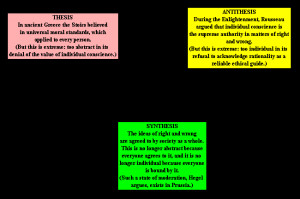

All practices in a society had a religious dimension and, as such, there were close relations between them mediated by this communal bond. footnote 6 In addition, it was a powerful force for the integration of society generally. It appealed to all the powers of the human mind, to head and heart, whereas modern European religion had become too deeply rationalistic and theological, neglecting the need for religion to nourish the emotions.

In Hegel’s view, Greek folk religion had been a unifying institution. On the contrary: during the period in question Hegel seems to have seen religion as the key to the unified structure of Greek life and religious changes to have been the cause of the baneful structure of modern society. While Hegel was dominated by these ideals during the earliest period of his writing on these topics in Tübingen from 1789 to 1793, he does not seem to have been particularly interested in exploring the material and economic basis which enabled this kind of society to flourish in the ancient world, or the current material conditions of life which made such a form of communal life difficult, if not impossible, to achieve in the modern world. For many, and for Hegel in particular in his early years, Greece was the model and even when his enthusiasm for it had evaporated somewhat, he still extrapolated from Greek political culture a deep and abiding political conviction about the need for society to recapture some sense of the harmony of Greece-albeit in a modified, contemporary form-and to recover something of that sense of human wholeness which had been such a dominant part of Greek culture.

The individual citizen was able to develop a roundedness and wholeness to his personality by being able personally to take part in all these interwoven social activities-an integrity of the personality which has been denied to the modern man. Social practices and institutions such as religion, morality and politics were all closely interwoven.

In such a society, so it was believed, a real sense of community had been achieved. footnote 5 A crucial influence on the formation of these ideals was a romanticized and idealized picture of the Ancient Greek and particularly the Athenian polis. In a recent book on Hegel, I argued that the latter’s thought was dominated by two interrelated ideals: the restoration of wholeness and integrity to the human personality and the restructuring of society on a more harmonious, reciprocating basis, restoring a sense of community. In this discussion the Science of Logic will not figure, because however much Marx may have been influenced by it in the development of his own analysis of capitalism, and however much Lenin may have felt that it was necessary to understanding Capital, footnote 3 it does not itself articulate any of Hegel’s specific views on political economy-although it does provide the philosophical background in logic and ontology within which his views on political economy, together with his understanding of other forms of human activity, is situated. I shall try to indicate the development of Hegel’s views on political economy and his mature position on these issues. I n The Formation of the Economic Thought of Karl Marx, Ernest Mandel writes: ‘Hegel had been profoundly affected in his youth by economic studies, in particular by the work of Adam Smith Marx saw the Hegelian system as a veritable philosophy of labour.’ footnote 1 He goes on to quote from Pierre Naville’s well known study De l’aliénation ` la jouissance as follows: ‘When he read The Phenomenology of Mind, The Philosophy of Right, and even The Science of Logic, Marx thus not only discovered Hegel but already through him, he was aware of that part of classical political economy which was assimilated and translated into philosophical terms in Hegel’s work so that Marx could not have gone about his systematic criticism of civil society and the state according to Hegel if he had not found in the latter’s writings certain elements which were still live, such as the theory of needs, the theory of appropriation, or the analysis of the division of labour.’ footnote 2 It is my aim in this essay to try to retrieve Hegel’s views on political economy on their own terms, as a prologomenon to understanding what Marx may or may not have derived from them for his own economic writings.


 0 kommentar(er)
0 kommentar(er)
